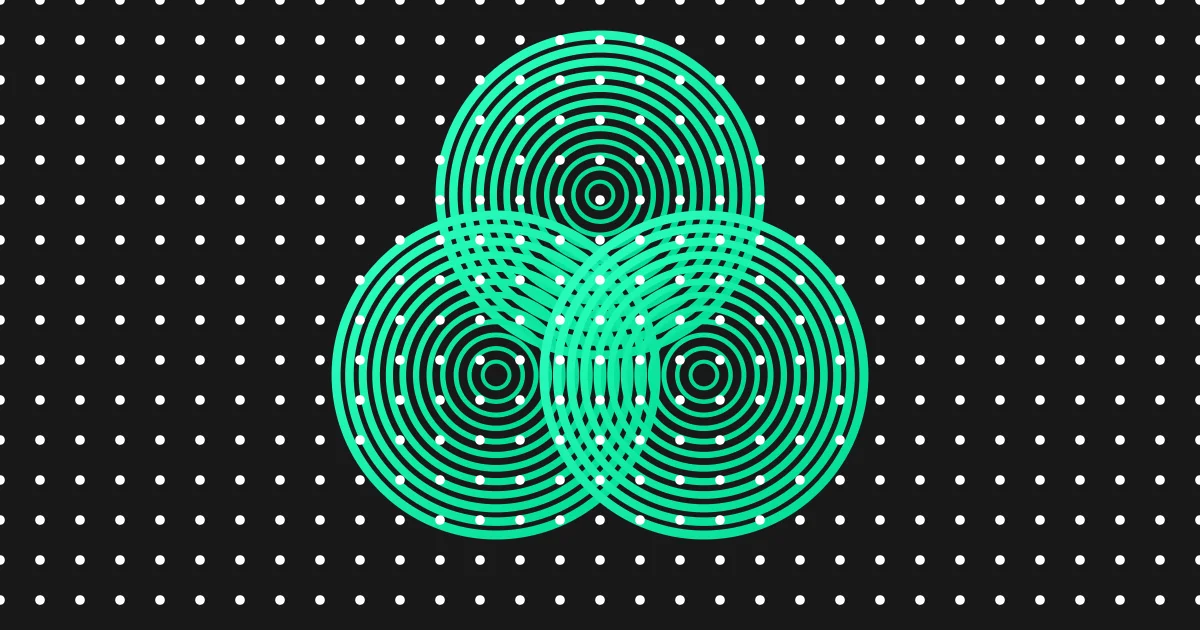AI Agents and the Return of Engineering Discipline
AI agents boost engineering discipline; small teams gain big-team rigor, and large orgs scale effortlessly. AI raises the bar for developers.


Agents will write code, generate tests, and ship features faster than any human team could on its own. No matter if you think AI is overhyped, any upcoming AI winter this time will be more like a North Carolina winter than a Michigan one. AI will do all this work from now on in.
Which means it's time to get serious.

AI won’t lower engineering standards; it’ll enforce them. It is a discipline amplifier that improves coding practices across every development team.
AI as a forcing function for small teams
Small teams historically avoided peripheral work. Documentation, staging environments, and strict CI/CD; things with high overhead for little immediate gain. A three-person startup doesn't need formal README files when everyone knows the codebase.
Agents break this logic from both a requirement and a capability perspective.
The requirement is that agents need context to generate valid code. That three-person startup now has dozens of agents running. Without documentation, those agents produce code that technically runs but treats every problem in isolation. They generate implementations that look reasonable on their own but create inconsistencies across the system.
The capability is that those same agents can create the documentation they need. The overhead that makes docs prohibitive for a small team becomes manageable when agents do the work. This becomes self-reinforcing.
An agent writes a module and documents it. The next agent reads that documentation and builds on top instead of reimplementing. Pattern libraries grow. Conventions get encoded. Each documented decision constrains future agent outputs. Yes, you now manage agents instead of just writing code. You review their outputs, refine their documentation, and correct their interpretations. But the trade works. A three-person team with well-managed agents operates at the scale of a thirty-person team without them.
The practices that took large organizations decades to refine are becoming table stakes. Small teams now operate with the engineering discipline that once separated enterprise from startups. CI/CD pipelines, staging environments, and test coverage are now requisites for agents that require safe operating spaces. But agents also help build these systems. The practices that seemed like big-company overhead become achievable infrastructure. And that infrastructure compounds.
AI as an infra unlock for big teams
Large engineering orgs already have the foundations that smaller ones are only now adopting: comprehensive test suites, CI/CD pipelines, documentation, and code review culture. The problem is maintaining it at scale. As systems expand, keeping tests current, docs synchronized, and standards consistent consumes more engineering time than building new features.
AI agents change that. They automate the invisible upkeep: propagating changes across services, updating documentation as code evolves, enforcing review standards, and flagging regressions before they block workflows.
The stronger your existing discipline, the more agents amplify it. Mature infrastructure gives them reliable context. Rich test signals provide clear success criteria. Documented patterns guide agent outputs. In return, agents handle the maintenance load that once scaled linearly with headcount.
Small teams use AI to achieve big-team discipline. Big teams use AI to maintain that discipline without proportional scaling. A 200-person org can now maintain test coverage and documentation quality across 100 services without dedicating full teams to each one. Engineering time shifts from maintenance to building new capabilities.
The organizations that invested in engineering discipline first now get leverage. The practices they built manually scale automatically. That's the advantage.
Testing as the exemplar
Among all engineering practices, testing is the one that translates most cleanly between humans and machines. A test passes or fails. No interpretation, no nuance. That clarity makes testing the natural interface between human intent and machine execution.
AI coding agents rely on that interface. They write code, run the suite, see what breaks, adjust, and try again. Without tests, they have no ground truth. With tests, they have the contract that defines requirements.
The challenge is that comprehensive test suites are expensive to build and maintain. End-to-end tests are brittle, locators break, and UI changes cascade into false negatives. Small teams skip them. Big teams dedicate whole squads just to keep them green.
AI shifts this equation from both sides. Coding agents require tests to function; testing agents can now generate and maintain them.
Modern AI-native testing platforms turn natural language into executable checks:
“Click the submit button in the modal.”
“Verify the user’s name appears in the header.”
Behind the scenes, testing agents interpret those instructions, locate elements, evaluate conditions, and adapt to UI changes. This is all work that once consumed entire QA cycles.
The result is compounding leverage. Coding agents accelerate development. Testing agents preserve confidence. The discipline of having both keeps AI-assisted development sustainable.
AI doesn’t lower the bar, it raises the floor
AI agents make engineering discipline mandatory. Small teams adopt practices they used to skip. Large teams maintain practices without proportional scaling. Testing becomes the practice where AI works in both directions.
The teams building with AI and building for AI operate at scales that weren't economically feasible before. Engineering rigor stops being a big-company luxury. It becomes the requirement for working with agents effectively.
AI doesn't lower the bar; it makes the bar achievable by automating the overhead that kept teams from reaching it.


